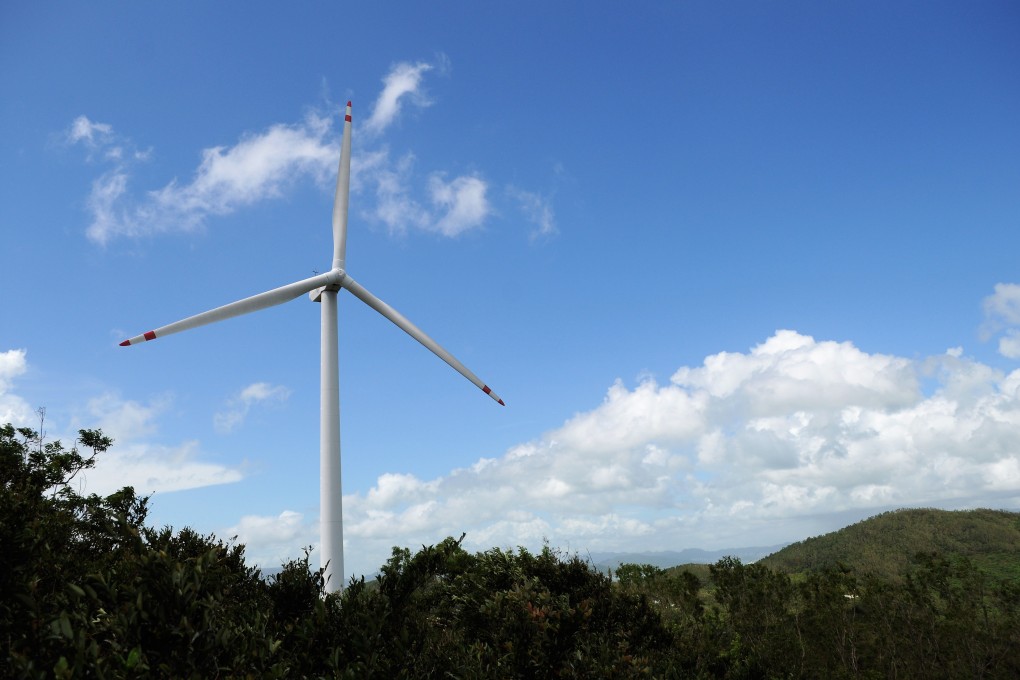Letters | How Hong Kong’s budget can help the city fight climate change
- Heavier taxes for carbon-intensive goods and services and tax breaks for green initiatives are logical steps to help Hong Kong reach its sustainability goals
- Unless the government takes carbon reduction seriously, the city will soon face the kind of extreme weather events being seen around the world

Smart governments learn lessons from mistakes they or others made. But the question remains as to whether the Carrie Lam administration has learned from recent events and made improvements to policies and infrastructure to prevent adversity in future.
Hong Kong is fortunate that we had relatively few casualties and low levels of damage from extreme weather events last year and that fresh water supplies from Dongjiang remain unaffected.
Chan must play a crucial role in helping the city decarbonise by taxing carbon-intensive services and products. In fact, low-carbon or eco-friendly alternatives are already available on the market but they are relatively expensive. A carbon tax could make low-carbon alternatives cost-competitive and as they became popular, the cost will come down.